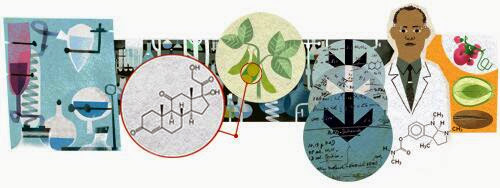 |
| Chinese scientist He Jiankui has been placed under police investigation and the government ordered a halt to his research work AFP/File |
Beijing (AFP) - China has drafted new rules for biotechnology research, including fines and bans for rogue scientists, after a Chinese researcher caused a global outcry by claiming that he gene-edited babies.
Scientist
He Jiankui's shock announcement that his experiment led to the birth of the
world's first genetically-modified babies in November put a spotlight on
China's lax oversight over scientific research.
He claimed
to have altered the DNA of the twins to prevent them from contracting HIV by
deleting a certain gene under a technique known as CRISPR.
The new
rules unveiled on Tuesday propose to classify technology used for extracting
genetic materials, gene editing, gene transfer and stem cell research as
"high risk".
Health
authorities under the central government would manage such research.
The State
Council, China's cabinet, would be responsible for "the supervision and
administration of clinical research and applications throughout the
country," according to the rules.
The new
draft proposes fines of between 50,000 and 100,000 yuan ($7,500 and $15,000)
for scientists or institutions that carry out research without proper
authorisation, and the government can halt and confiscate the work.
A scientist
who earns "illegal income" from unauthorised research would be fined
10 to 20 times the amount of the illicit earnings.
Depending
on the severity of the violation, a scientist can be banned from their field of
work for six months to one year.
"If
the circumstances are serious, their medical practice licence shall be revoked
and the individual shall not engage in clinical research for life," the
rules say.
He Jiankui
has been placed under police investigation and the government ordered a halt to
his research work.
A
government probe found that He had "forged ethical review papers" and
"deliberately evaded supervision", according to state media.
He had recruited
eight couples for the gene-altering trial, and the investigation confirmed that
a second woman became pregnant.
It is
unknown if she has given birth yet.
Gene-editing
for reproductive purposes is illegal in most countries, but China does not have
a law banning it.
A brief
regulation issued by the health ministry in 2003 prohibits gene-editing of
human embryos, but does not stipulate any punishments for violators.
Following
the storm sparked by He's announcement, scientists have called for an
international treaty on gene-editing.















